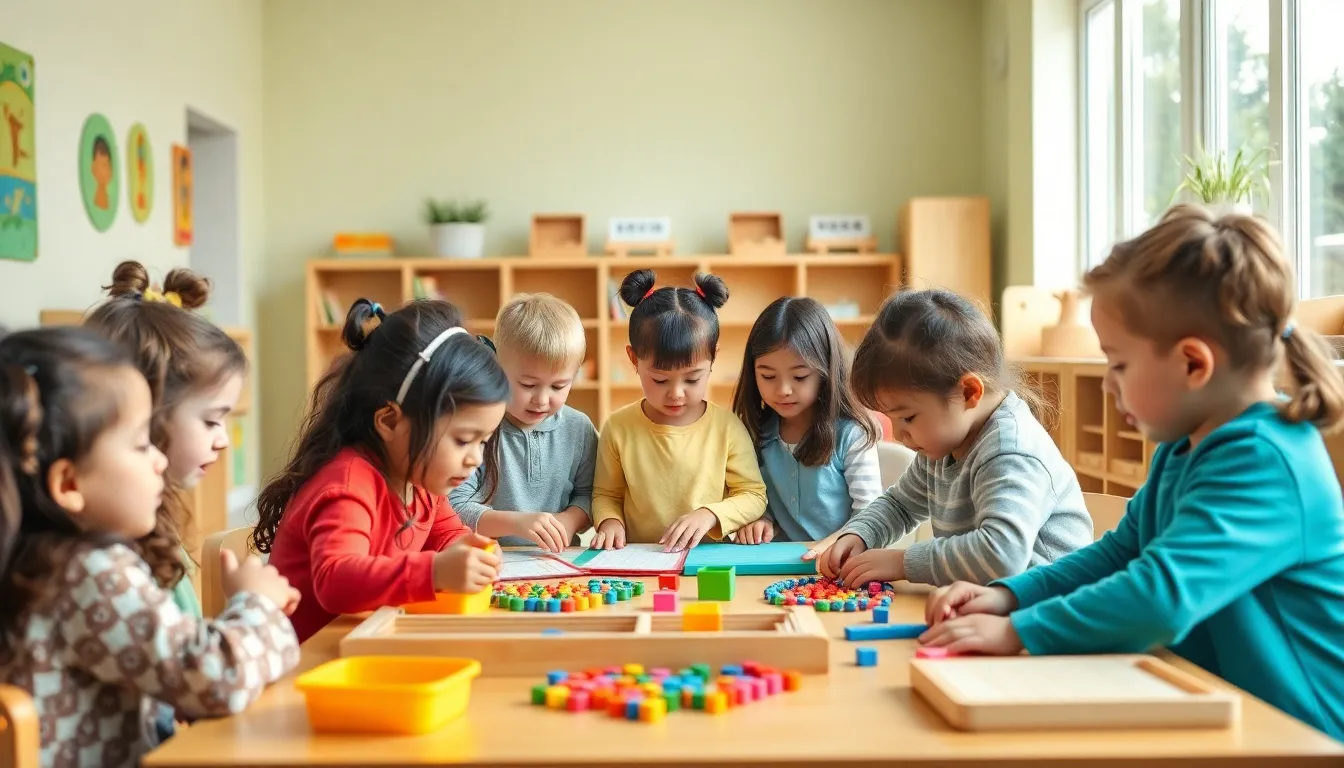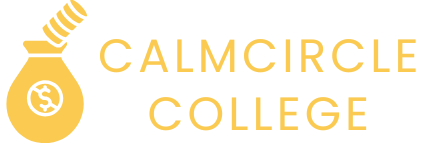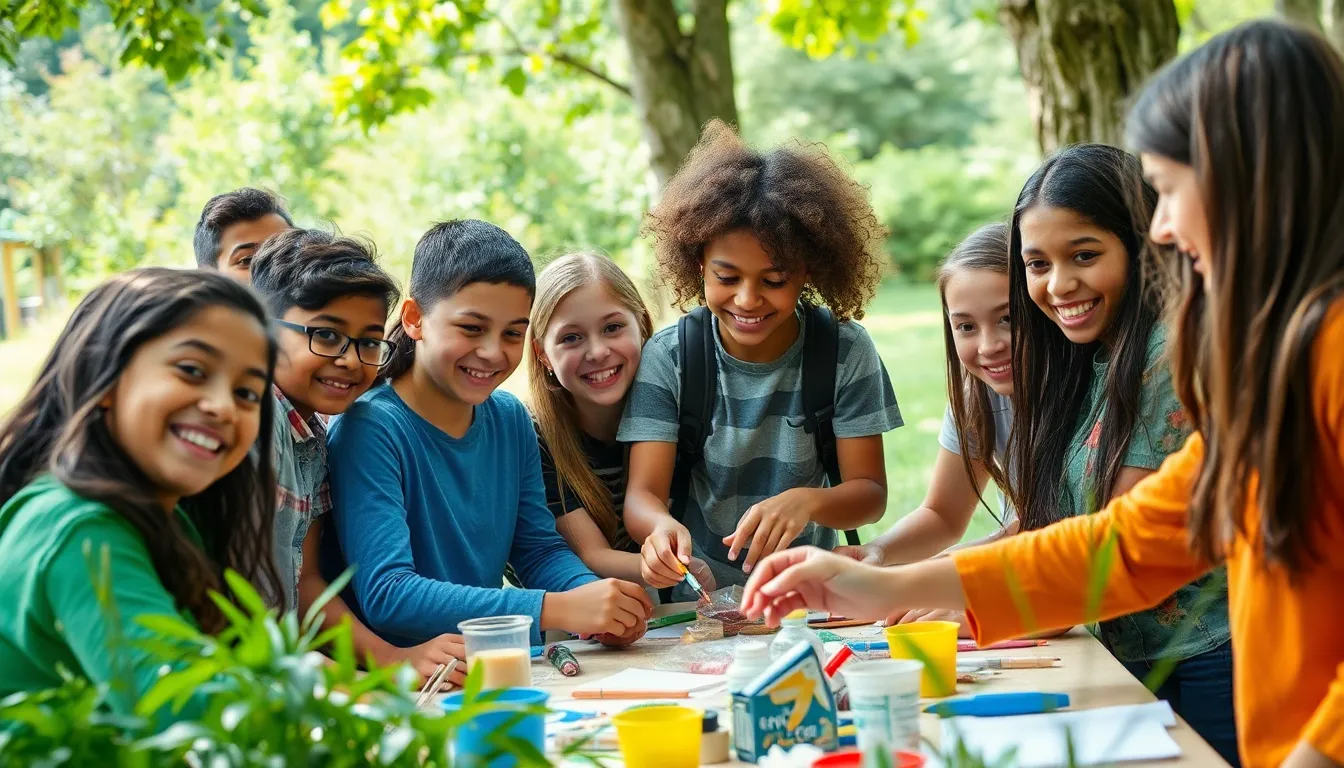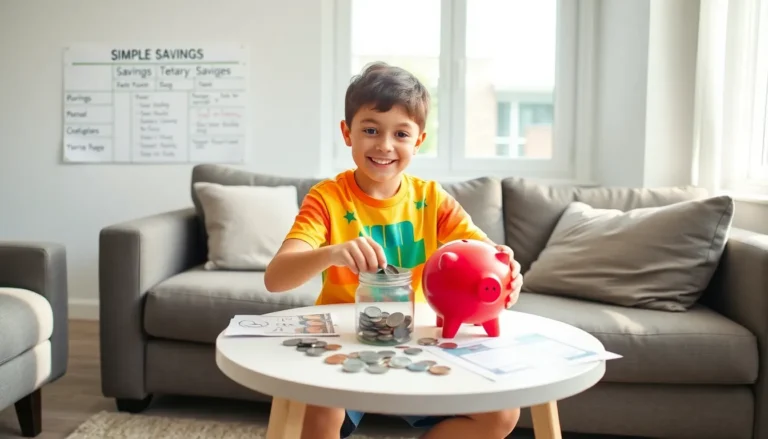In a world where traditional classrooms can feel as stiff as a three-piece suit at a beach party, alternative education programs are shaking things up. These innovative approaches to learning ditch the cookie-cutter methods and embrace creativity, flexibility, and, let’s be honest, a bit of fun. Whether it’s project-based learning or experiential adventures, these programs cater to diverse learning styles and interests, ensuring every student finds their groove.
Table of Contents
ToggleOverview Of Alternative Education Programs
Alternative education programs focus on providing personalized learning experiences. These programs often emphasize hands-on activities and real-world applications instead of traditional lectures. By using project-based learning, educators foster creativity and critical thinking skills in students.
Flexibility remains a hallmark of these programs. Students can explore subjects at their own pace, accommodating individual learning styles. Many alternative programs integrate technology to enhance learning, using virtual platforms to connect students with resources and peers.
Community involvement plays a vital role in alternative education. Local businesses and organizations often partner with programs to provide internships or mentorship opportunities. Such collaborations enrich the learning experience and build essential life skills.
Diverse curriculum options attract students with varied interests. Some programs concentrate on specific themes like arts, sciences, or social justice, allowing learners to dive deep into subjects they are passionate about. Enrichment activities, like field trips and workshops, complement academic studies and encourage exploration.
Assessment methods also differ in alternative education. Standard tests may not accurately reflect student understanding, so educators often use portfolios, projects, and other creative assessments. This approach allows for a more holistic view of a learner’s abilities, further fostering an environment where they can genuinely thrive.
Overall, alternative education programs provide a unique transition from conventional education, cultivating engaged and lifelong learners.
Types Of Alternative Education Programs

Diverse alternative education programs cater to various learning preferences. Here are some common types:
Montessori Schools
Montessori schools emphasize self-directed learning in a prepared environment. Students of all ages engage with hands-on materials that promote exploration. Educators act as guides rather than traditional instructors, facilitating growth at each learner’s pace. Mixed-age classrooms foster collaboration and social development. Emphasis on practical life skills complements academic learning, preparing students for real-world challenges.
Waldorf Education
Waldorf education focuses on holistic development, integrating arts and academics. Lessons span multiple subjects, connecting themes to nurture creativity and critical thinking. Classrooms strive for a nurturing atmosphere where imaginative play plays a crucial role in learning. Teachers remain with the same cohort for multiple years, building strong relationships. Environmental stewardship and community engagement are core values instilled through various activities.
Online Learning Platforms
Online learning platforms provide flexible education options for diverse learners. These virtual environments allow students to access courses anytime and anywhere. Interactive content and multimedia resources enhance engagement and understanding. Assessments often involve projects, promoting practical application over rote memorization. Collaboration with peers in virtual spaces encourages communication and teamwork skills.
Benefits Of Alternative Education Programs
Alternative education programs offer various benefits that cater to diverse learning styles and needs. These programs encourage students to engage deeply in their educational journeys.
Personalized Learning Experience
Personalization stands at the forefront of alternative education programs. Students experience tailored learning paths that fit their interests and strengths. Teachers often create individualized lesson plans to meet each learner’s specific needs. This approach allows students to progress at their own pace, enhancing their understanding of the material. Additionally, mentorship opportunities with community professionals help students gain practical skills. By actively participating in their own education, students become more invested in their success.
Focus On Creativity And Critical Thinking
Creativity and critical thinking form essential components of alternative education programs. Curriculum designs emphasize project-based learning that fosters innovative problem-solving skills. Learners explore real-world challenges, encouraging them to think outside traditional boundaries. Activities such as collaborative projects and hands-on experiences stimulate creative expression. Students also engage in discussions that promote analytical thinking, enhancing their decision-making abilities. Ultimately, this focus on creativity equips students with vital skills for the future.
Challenges Faced By Alternative Education Programs
Alternative education programs encounter several challenges that can impact their effectiveness. Among these, funding and resource allocation plays a critical role in their sustainability and growth.
Funding And Resources
Funding sources for alternative education programs often vary significantly. Many of these programs rely on grants, donations, and state funding, which can be inconsistent. Budget constraints can limit access to essential materials, facilities, and technology. Programs that lack adequate funding struggle to maintain quality education and deliver innovative learning experiences. Sustained investment from local governments and community partners tends to bolster these initiatives, but competition for resources remains fierce.
Public Perception
The public perception of alternative education programs can be mixed. While some view these initiatives as progressive and necessity-driven, others may regard them with skepticism. Concerns about academic rigor often arise among parents and stakeholders. Many alternative programs emphasize creativity, which could lead some to question their effectiveness in preparing students for standardized tests and traditional pathways. Engaging the community through outreach efforts tends to shift these perceptions and foster support for diverse educational approaches. Building awareness about the benefits these programs offer helps mitigate skepticism and encourages broader acceptance.
Alternative education programs are reshaping the future of learning by prioritizing creativity and personalized experiences. These innovative approaches not only cater to diverse learning styles but also foster critical thinking and real-world engagement. As they continue to evolve, the collaboration with local communities and businesses enhances the educational landscape, providing students with invaluable opportunities.
While challenges like funding and public perception exist, the benefits of alternative education programs are undeniable. They equip learners with essential skills and ignite a passion for lifelong learning. Embracing these alternatives can lead to a more inclusive and effective educational system that nurtures every student’s potential.




